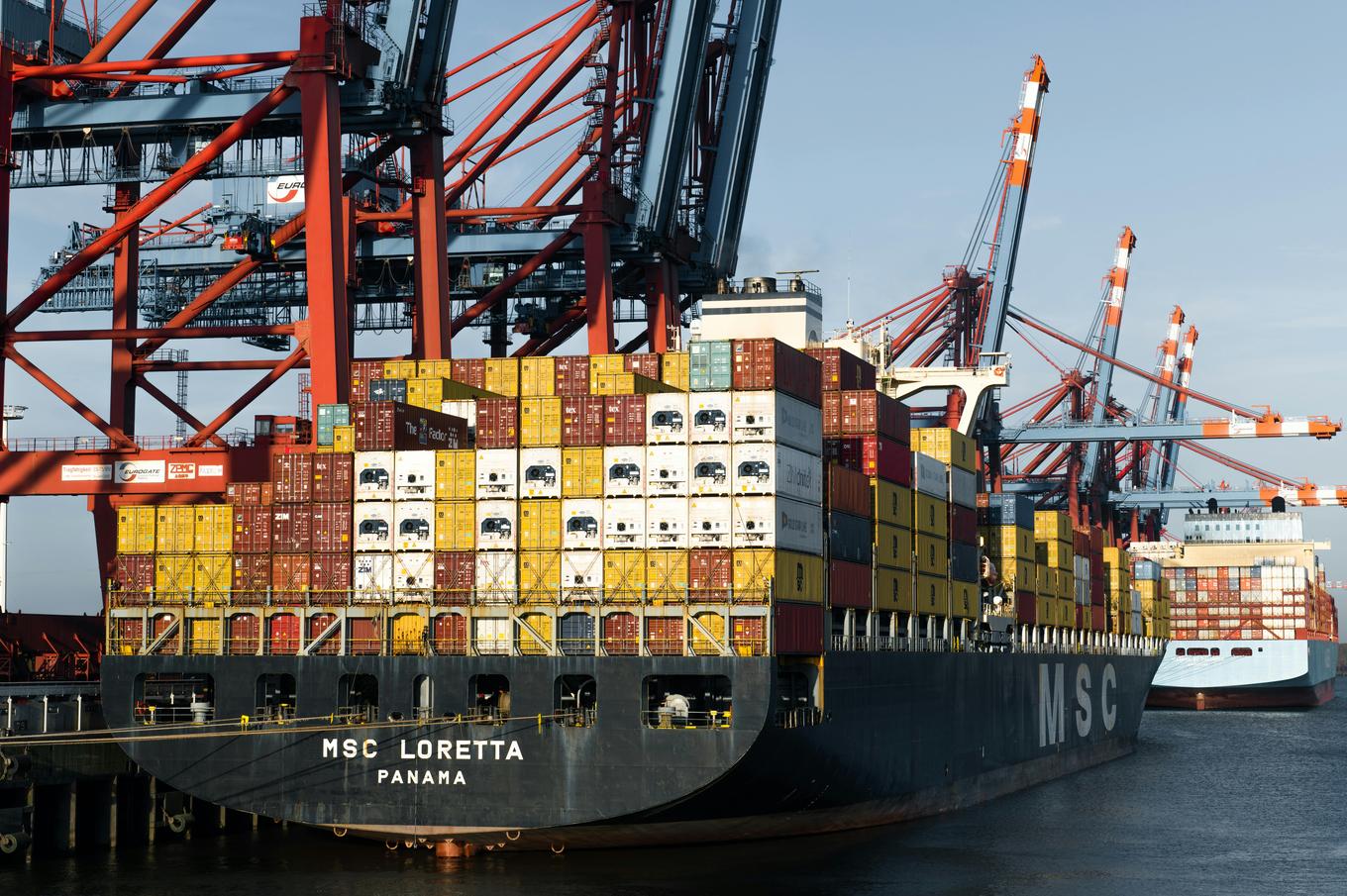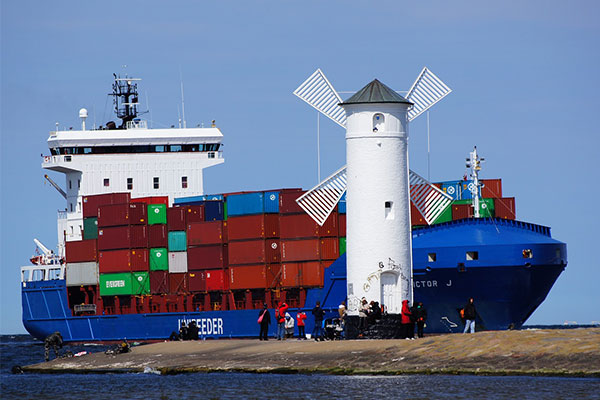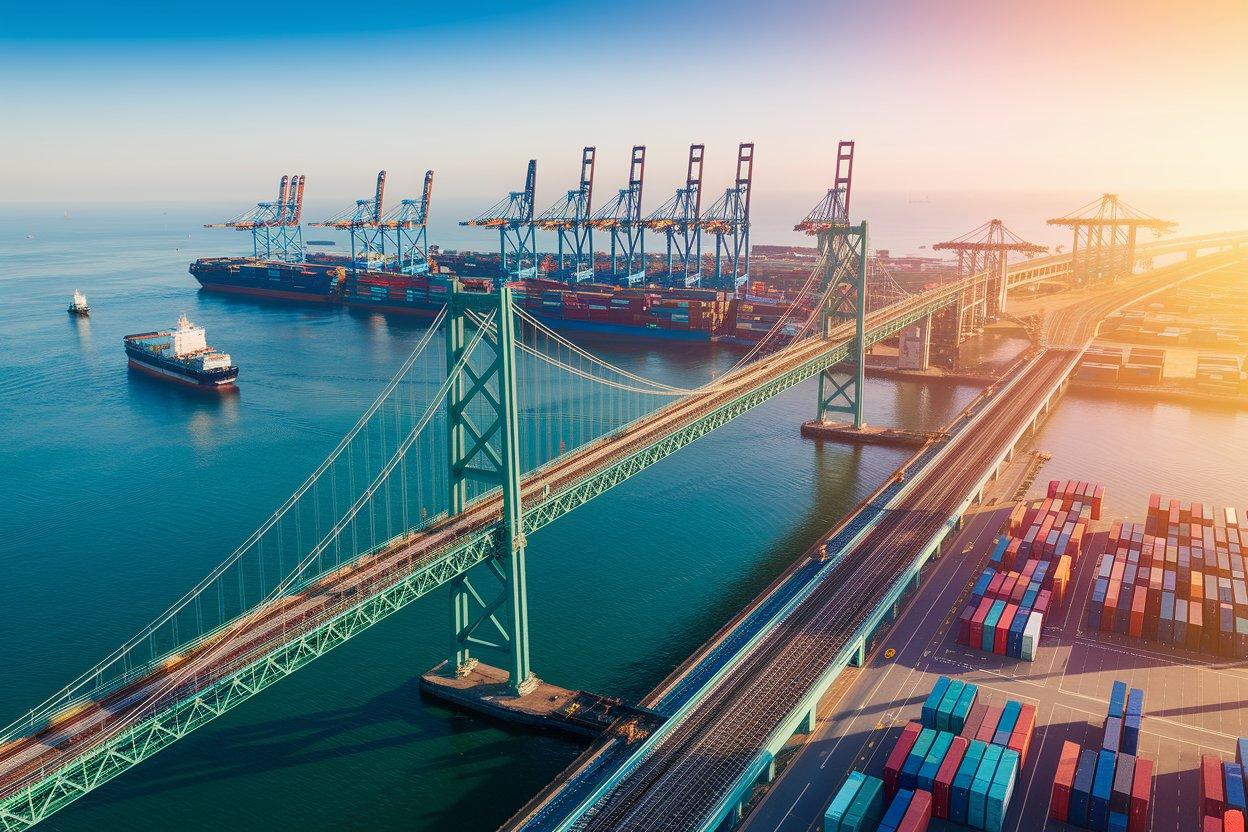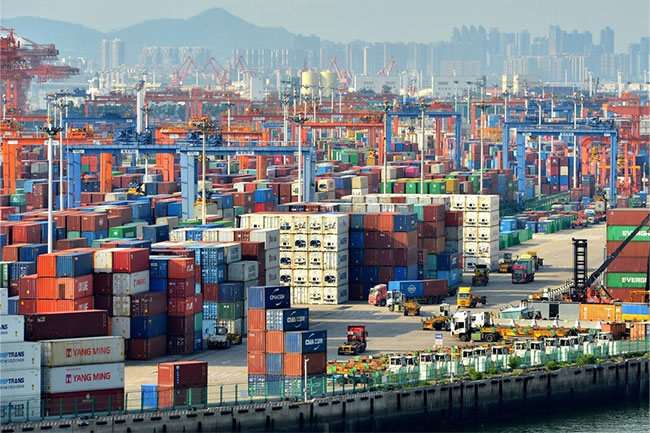- Shanghai Zhongshen International Trade Co., Ltd. - Two decades of trade agency expertise.
- Service Hotline: 139 1787 2118
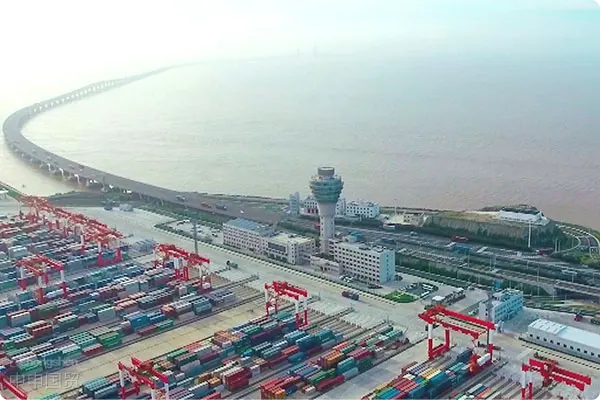
Contents
Toggle1. How to choose a reliable freight forwarding company?
When selecting a freight forwarding company, the following key factors should be carefully evaluated:
- : Customs AEO certification, Class A foreign exchange management enterprises: Verify the International Federation of Freight Forwarders Associations (FIATA) certificate, Non-Vessel Operating Common Carrier (NVOCC) qualification, etc.
- Industry experience:Priority should be given to agents with over three years of experience in handling the same category of goods.
- Service network: Verify the customs clearance capability at the destination port and the qualifications of overseas agents.
- Please pay special attention to changes in customs clearance policies for RCEP member countries in 2025.
2. What is the standard process for goods export agency?
The mainstream operational process for 2025 consists of six key steps:
- Sign the agency agreement (including liability allocation clauses)
- Complete customs declaration pre-entry 72 hours before cargo consolidation at the port.
- Electronic processing of Equipment Interchange Receipt (EIR) for containers
- Customs Inspection Emergency Plan Preparation
- Maritime TransportationBill of Lading Issuance and Telex Release Operations
- Arrival Notice at Destination Port and Cost Settlement
3. What costs are involved in export agency services?
Please pay special attention to the following items in the cost composition:
- Basic fees: Ocean freight + port charges (generally increased by 5-8% in 2025)
- Additional Charges:
- The fuel surcharge (BAF) is adjusted quarterly.
- Low Sulfur Fuel (LSF) surcharge is fixed.
- Unexpected expenses: Customs inspection storage fees, amendment fees, etc.
IV. How to Prevent Common Risks in Cargo Transportation?
It is recommended to adopt the following risk control measures:
- in the containermarine all risks insurance(Including War Risk Clauses)
- Request the freight forwarder to provideFull GPS tracking(1) Port of Departure and Port of Destination:
- Important documents are implementedDual verification system
- To mitigate the risk of cargo abandonment at the destination port, a 30% deposit will be collected in advance.
5. What should you do when encountering customs inspection?
The inspection rate for AEO-certified enterprises by customs in 2025 has already dropped below 3%. In case of inspection, the following steps should be taken:
- Notify the freight forwarder to initiate immediately.Emergency customs clearance channel
- Prepare completecommercial invoices, packing lists,It is recommended to verify through the following methods:
- If there is any objection to the inspection conclusion, apply for a re-inspection within 48 hours.
- Establish in advanceCheck the revolving fund account(It is recommended to reserve 2% of the inventory value.)
VI. What are the differences between electronic bills of lading and traditional bills of lading?
By 2025, the adoption rate of electronic bills of lading has reached 65%, with the main differences reflected in:
- Transmission Method: Direct connection between the SWIFT system and the bank and consignee.
- Release time: Electronic release can be shortened to 2 hours.
- Security: Blockchain technology for anti-counterfeiting and evidence preservation
- Special note: Some African countries still require original bills of lading.
7. How to claim for delayed goods?
It should be handled on a case-by-case basis:
- Carrier's Liability: In accordance withTerms and Conditions of the Bill of LadingClaim
- Force majeure factors: handle promptly.Force Majeure Certificate
- Freight forwarder's operational error: According toPlease translate the following Chinese into English: Breach of Contract Liability Clause in the Agency Agreement
- Please note to retain.Evidence chain for losses due to cargo delay
8. How to Handle Errors in Document Information?
It is recommended to establish a three-tier error correction mechanism:
- Preliminary review mechanism: HS Code AI intelligent pre-screening system
- Emergency Handling: Customs Amendment Application (must be submitted within 3 working days after shipment)
- Contingency plan: Prepare blank stamped documents for emergency modifications.
Through systematic solutions, the documentation error rate of a certain electromechanical export enterprise has been controlled below 0.2% by 2025.
9. What should be noted when shipping to emerging markets?
For emerging markets such as Southeast Asia and Africa:
- Confirm the destination countryProduct Certification Requirements(like Nigeria SONCAP)
- Pre - depositDuty-free period at the port of destination(Brazil and other countries have a 21-day free demurrage period)
- AdoptMultimodal Transport SolutionsReduce transportation costs
- WarningForeign exchange control risk(For example, Argentina's foreign exchange payment restrictions on imports)
10. How to evaluate the quality of freight forwarding services?
It is recommended to establish a KPI system from four dimensions:
- Timeliness indicator: Booking response speed (<2 hours)
- Accuracy: Document preparation accuracy rate (>99.5%)
- Transparency: Traceability of cost details
- Exception handling: Emergency response plan to be provided within 3 hours of the incident.
Through this evaluation system, a certain garment export enterprise reduced its logistics costs by 18% in 2025.
Related Recommendations
? 2025. All Rights Reserved. Shanghai ICP No. 2023007705-2  PSB Record: Shanghai No.31011502009912
PSB Record: Shanghai No.31011502009912
